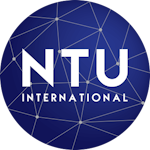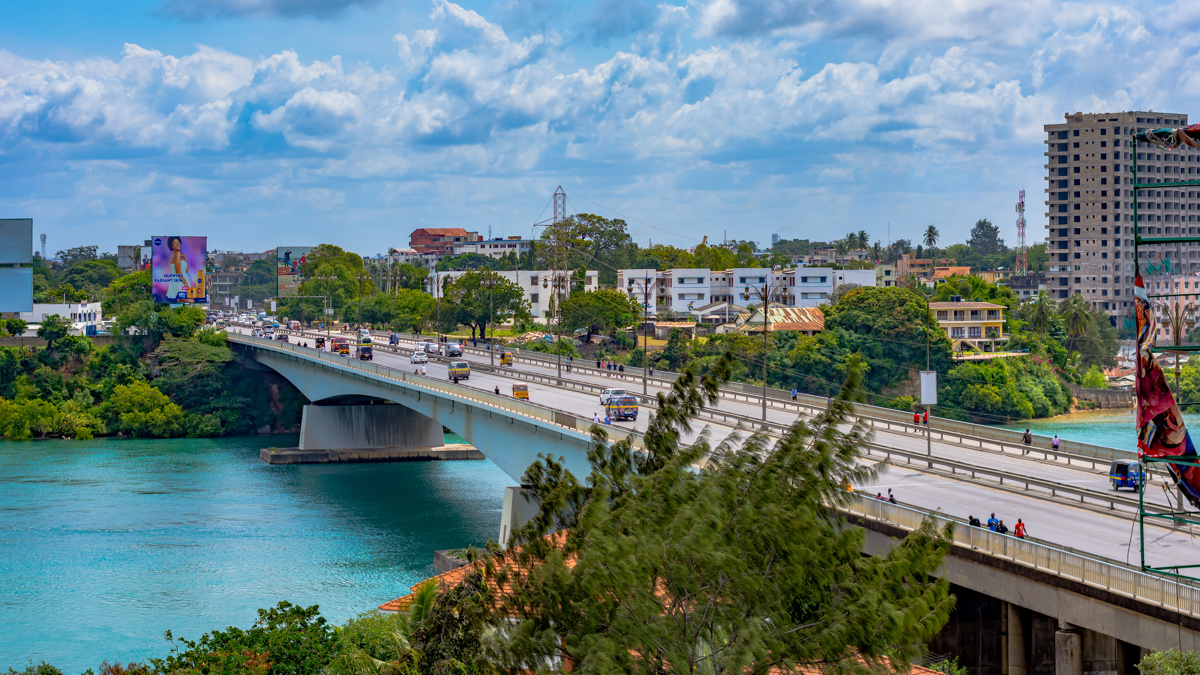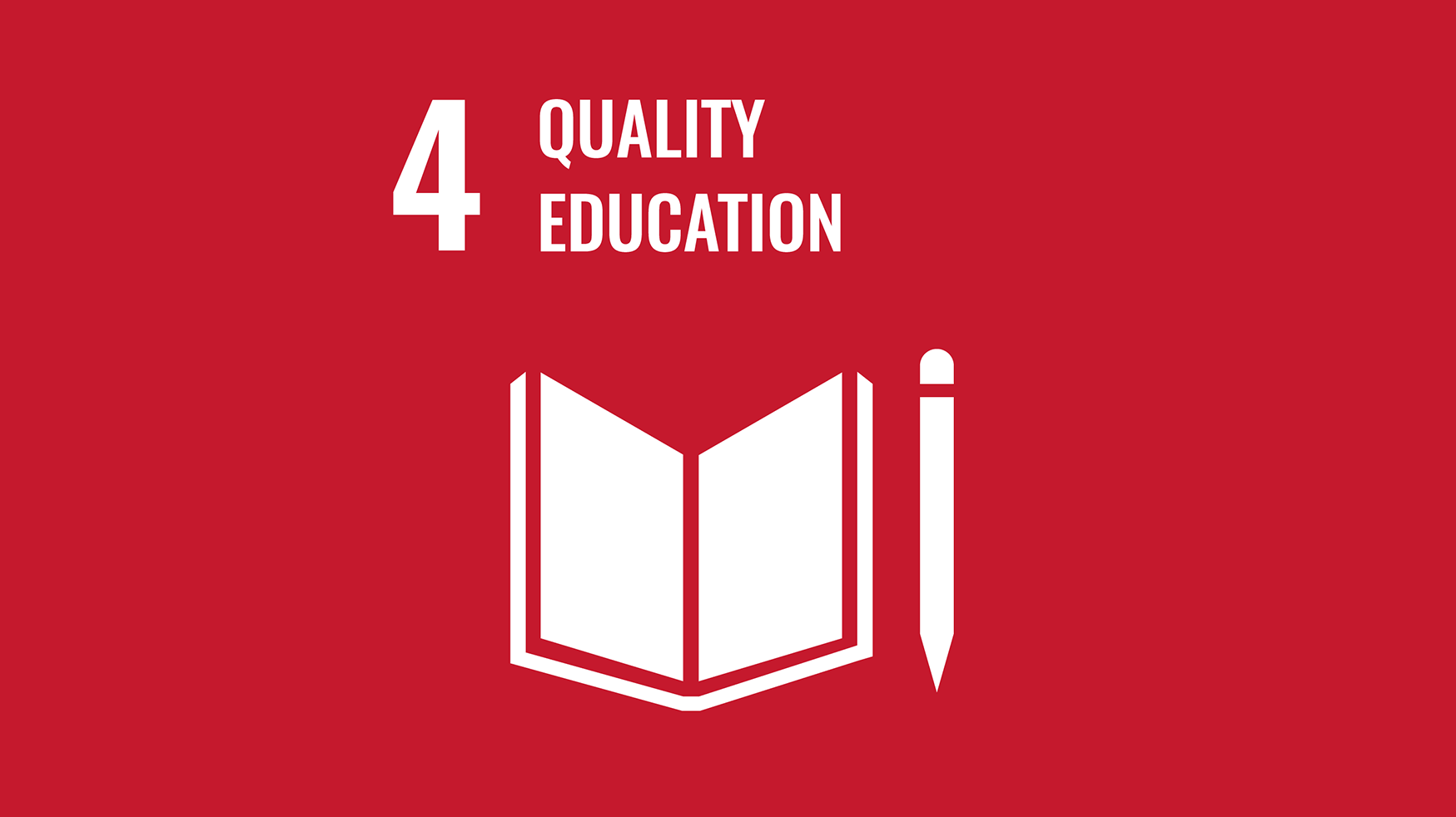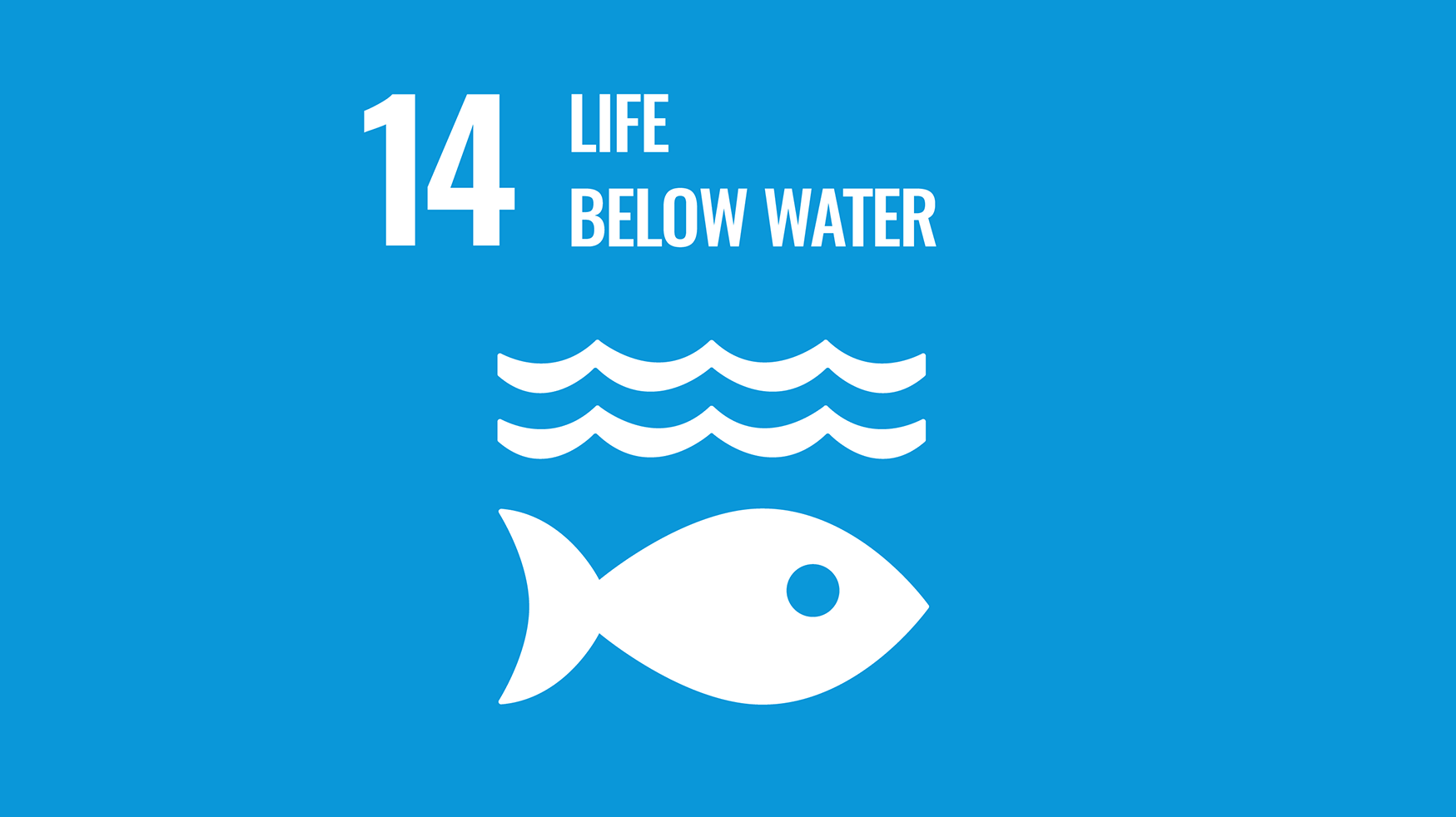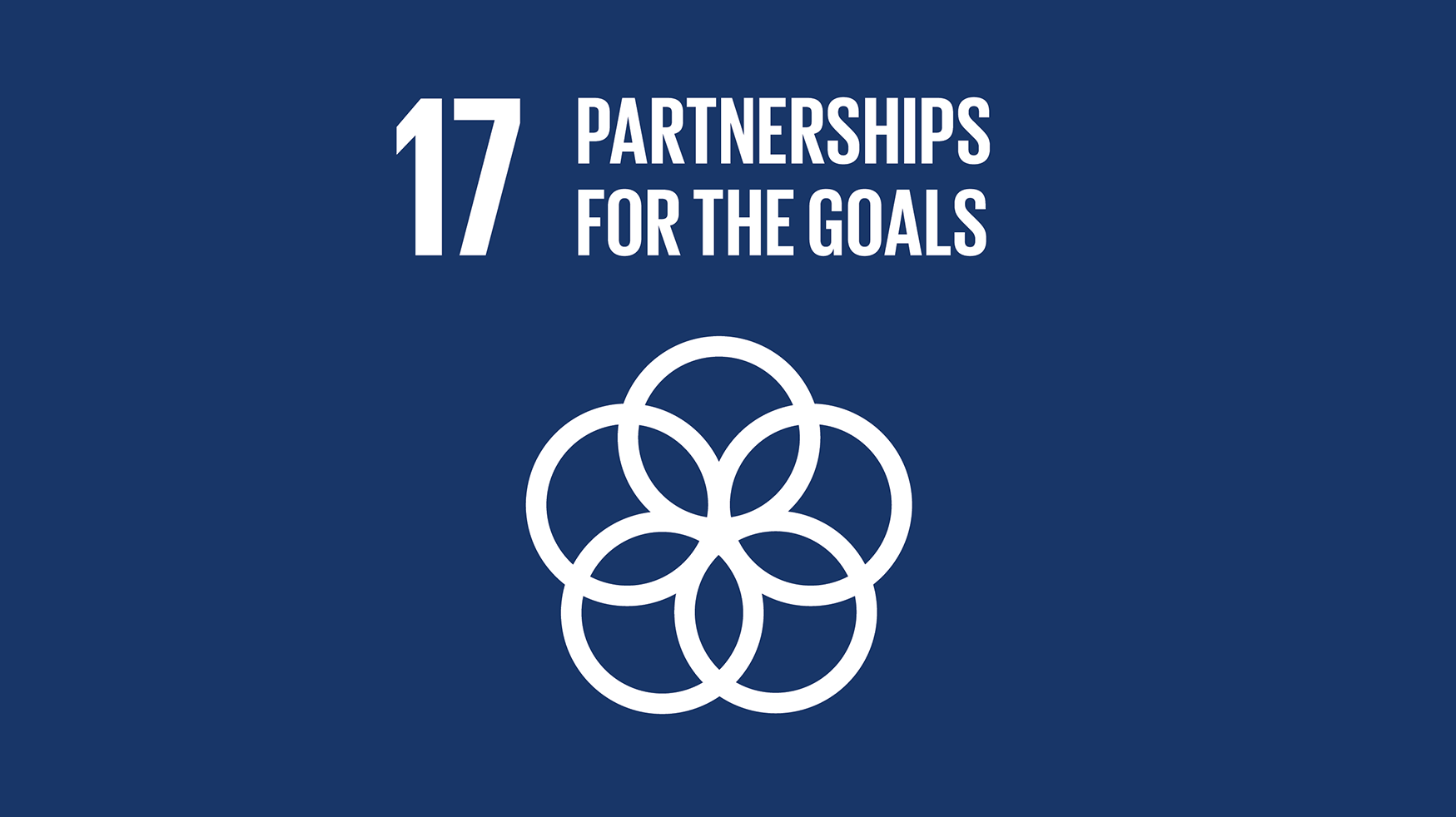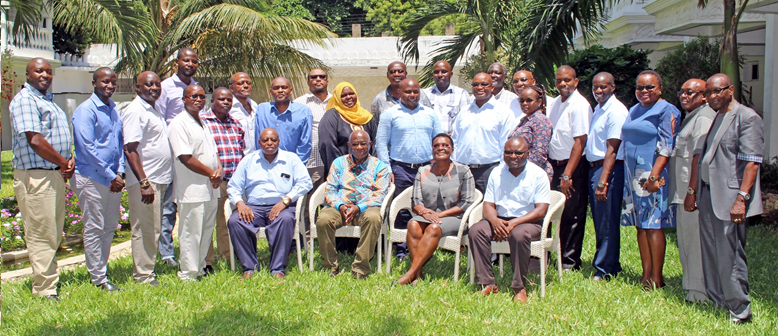
Kenya's coastal and marine environment is rich in natural resources, which hold immense social, cultural, and economic value for the coastal communities and the nation. While the environmental and cultural significance of these resources is undeniable, they also offer substantial economic potential.
Funded by the European Union with a budget of EUR 8 million, the “Institutional Support to the Kenyan Transport Sector” (ISKTS) project, directed at the Kenyan Ministry of Transport, Infrastructure, Housing, Urban Development & Public Works was implemented from 2017 to 2023. The project’s general objective was to contribute to accelerated and inclusive economic growth, thereby reducing poverty, through a more efficient and sustainable transport system. One of the key components of the project focused on the development of the blue economy. The blue economy objectives in the Kenyan context prioritised the sustainable use of ocean resources for economic growth, livelihoods, job creation, and the preservation of ocean ecosystem health.

Group photo with participants after opening the Internal stakeholders’ Workshop on the preparation of the Bandari Maritime Academy (BMA) Strategic Plan at City Blue Hotel, Mombasa, 18-21 February 2020.
Implementation
Within this project, NTU supported Bandari College in its transformation into a Centre of Excellence for training, research, and skill development in Kenya’s Blue Economy. Founded in 1980, Bandari College initially served as a training and staff development institution for the Kenya Ports Authority. In 2018, Bandari College was succeeded by the Bandari Maritime Academy (BMA), to become a Centre of Excellence dedicated to providing teaching, training, scholarships, innovation, and research in the maritime sector, thereby supporting the development of the Blue Economy.
NTU’s involvement in the Kenyan maritime sector focused on the development and revision of the following key strategic documents within the framework of the Bandari Maritime Academy:
-
High-Level Strategic Plan covering 20 years to facilitate the transformation of Bandari College into a Maritime Academy of Excellence, including the Change Management Strategy.
-
BMA Strategic Plan 2021-2025.
-
Human Resource Policies and Procedures Manual.
-
Job Profiles, Organisational Structure, and BMA Human Resources Budget.
-
Terms of Reference for the Development of BMA’s Partnership Memorandum of Understanding with the Blue Economy Industry and Other Training Institutions.
-
Report on Bandari Maritime Academy Academic Curriculum.
Impact
-
The development of the 20-year High-level Strategic Plan and the 5-year Strategic Plan laid a clear foundation for BMA’s transformation into a centre of maritime excellence. These plans provided a roadmap for the academy's long-term growth, ensuring alignment with international standards and fostering a sustainable and scalable transformation to support the future maritime workforce.
-
By assisting in the creation and approval of BMA's organizational structure and staff grading system, NTU ensured that the institution would operate with a clear governance framework. The approval of the Job Profiles & Organisation Structure and BMA Human Resources Budget enabled the onboarding of qualified academic staff, ready to contribute to BMA’s curriculum and academic goals.
-
By supporting the creation of the Terms of Reference for BMA’s Partnership MOU with the Blue Economy Industry and other training institutions, the project facilitated strategic collaborations that enhanced BMA’s capacity to deliver cutting-edge maritime education.
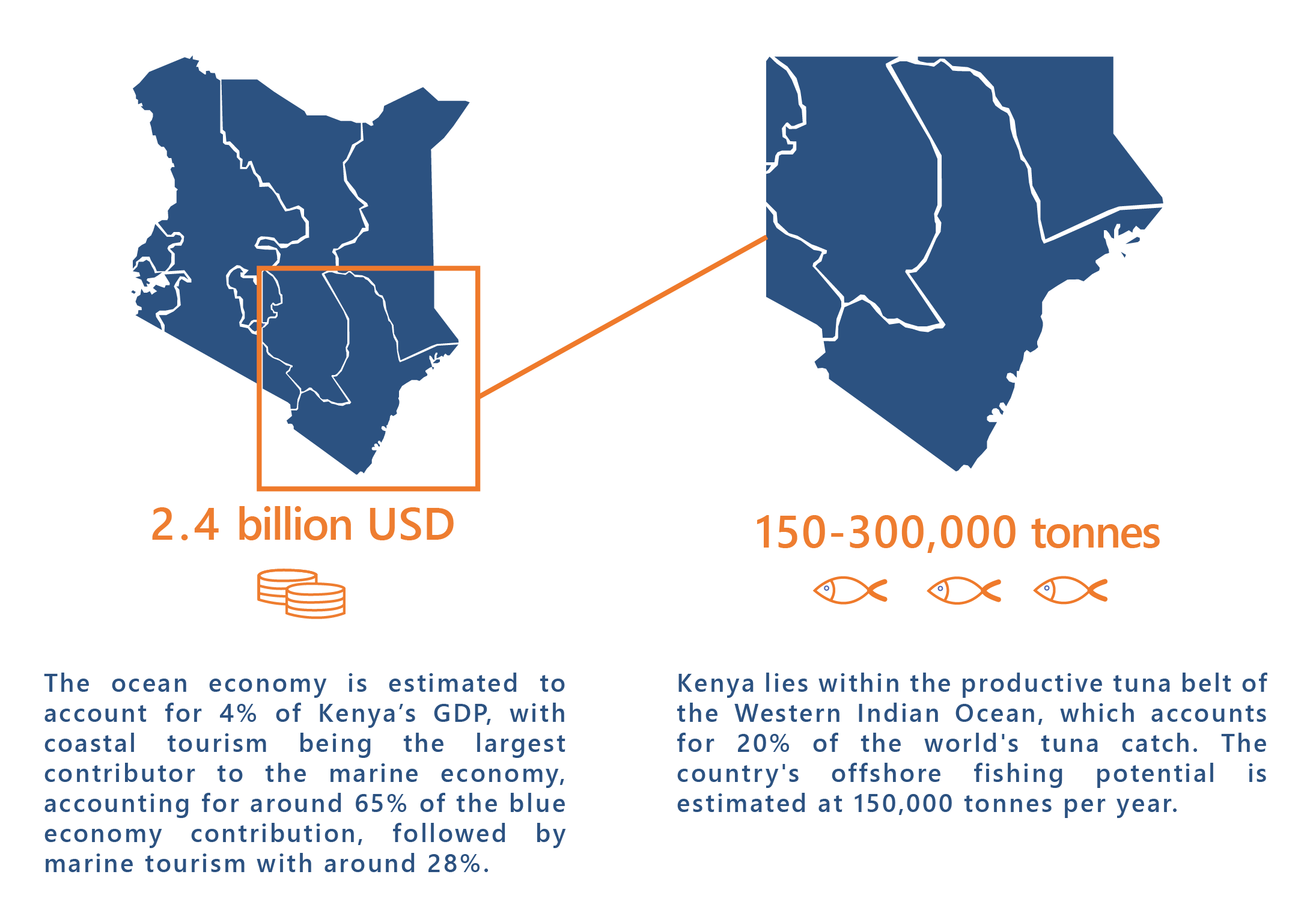
SDGs
